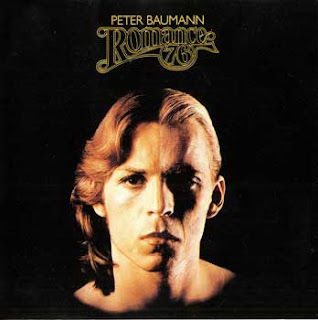As you know, Moebius and Roedelius were the dynamic duo of the glimmerlight. They protected us from the progbarian hordes, but mostly just dwelled peacefully amongst the crystal streams and blue fjords.
Each had his own style: Moebius was the skronk genius, just skronking endlessly around the block on his lightcycle. Roedelius, on the other hand, was the melodic one, creating his beautiful Farfisa melodies deep in the glimmerlight near the Ash Ra Temple. Consider them the glimmerlight's Lennon and McCartney.
In 1983, inspired by the American comedy Trading Places, they decided to do just that. Aided by the mechanical genius Klaus Schulze, they would swap subroutines. Moebius would then produce his melodic masterpices, while Roedelius would do the skronky chicken. And they did just that; Moebius invented the wonderfully melodic Tonspuren, while Roedelius skronked it up with Offene Türen. Today, I give you a slice of Moebius' (modified with Roedelius subroutines) work. This beautiful track (click on the title of this post) is called "Contramio."
The next post will feature part II of this interesting experiment, and a skronky cut from Roedelius' (modified with Moebius subroutines) Offene Türen. So stay tuned for more adventures from these electrobolical androids.
Rauf und runter!
















